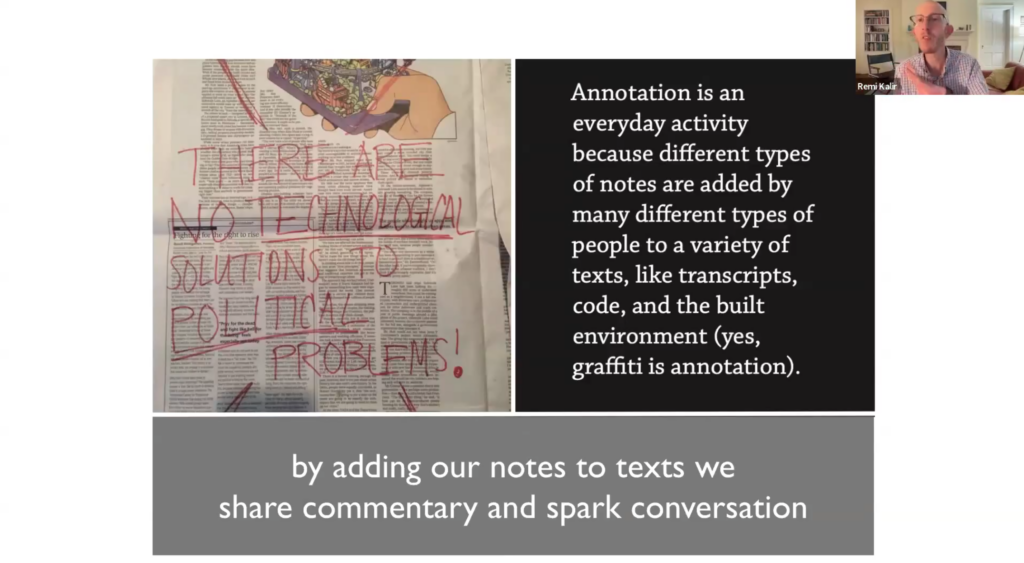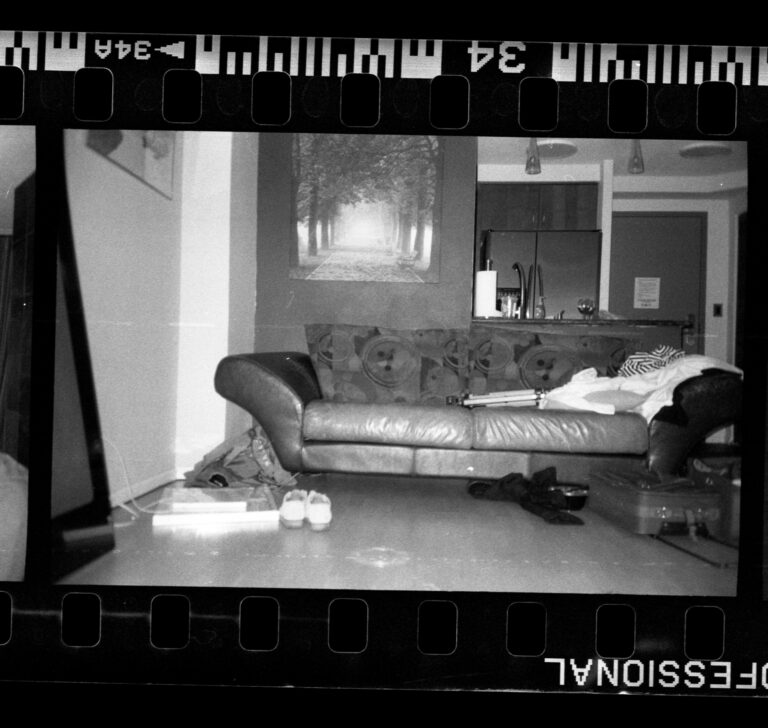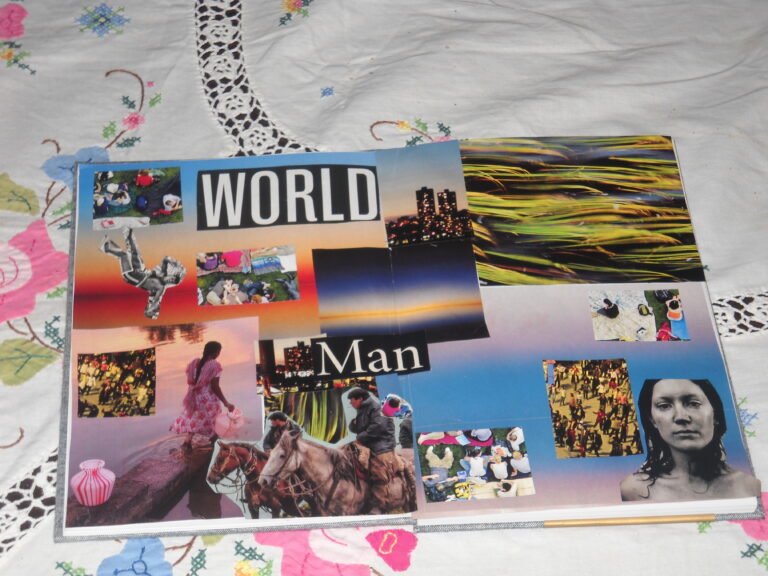Reflection – Guest Lecture With Remi Kalir

This week I am reflecting on the guest lecture with Remi Kalir on annotation and what that entails related to collaborative reading and writing and digital literacy. This has been my favourite guest lecture thus far in the course. As someone who is a serial annotator, I felt so seen. Kalir discusses that annotations shape how we engage with texts enabling us to form a new narrative. He mentions Hypothesis, an open annotation platform that allows students to leave comments or even gifs on texts that we come across in classes. I am someone who is an avid annotator. I prefer to print out readings for classes and leave my notes in the margins, but this new tool is something I plan to look into.
Kalir mentions that annotation is an intertextual act and multimodal, enabling us to construct knowledge with one another. This form of having a dialogue with people through texts, either clarifying things or expanding on thoughts is a way to use these opportunities to share our voices. Klair mentions:
Social annotation is now well over 2 decades old, and really does show us how, when we read texts together, when we mark up texts together, when we make that thinking visual and visible to our peers, we actually learn together, and we appreciate diverse perspectives. We learn how to make meaning of texts together, and we extend our learning in pretty consequential ways.
(Kalir, 2025)
I am reminded of how a few weeks ago my friends were talking about how they prefer to keep the books they read clean and undamaged. This involves not folding dog ears on pages and certainly not writing in the margins. I was so taken aback by this. I asked them “How else are you truly meant to engage with the text on a personal level?”
The beautiful thing about annotation is that every time I re-read a book I am reminded of how much I have grown. The comments I leave, the connections I make, and even my reactions, all become a nostalgic memory where I can see on these pages how much I have grown over time; I am able to see what insightful contributions looked like to my twelve-year-old self. As I revisit the books my annotations remind me of the passage of time and how things are not always as static as we like to believe. Ideas change, perspectives broaden, and even vocabulary broadens. Kalir words it perfectly: “We’re all learning to make meaning of the ways in which we read words and the world”
Here is an example of annotated books of mine:
I like how Kalir mentions:
Notions of privacy and consent in relationship to annotation are extremely important. Now, again, I’ve got a bookshelf over there behind me. Many of those books are annotated. Many of those books are just chock full of my notes or my sticky notes…That’s my marginalia. That’s my private, very idiosyncratic mark making that I add to books as I read…marginalia, and the act of being an annotator, especially book marginalia. It’s private. It’s not meant to be shared with other people.
(Kalir, 2025)
I am reminded of how for me reading is a way to grapple with the past. Usually, the comments I leave in books are reflective of what I have learned in my journey towards being a more securely attached individual, a global citizen, and what it means to move through life with purpose.






